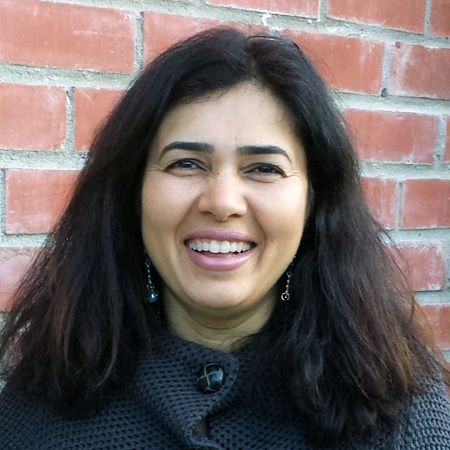In November, people of Indian origin celebrate Diwali, one of our most celebrated festivals. Diwali literally means a row of lights, or diyas, that carry intrinsic and hidden meaning - victory of good over evil, knowledge over ignorance.
At my son's school, I would occasionally hear of a volunteer reading a book on Diwali right around this time to acknowledge the celebration.
But this year was different. As my daughter started kindergarten, we received an email from her teacher, Mrs Brueckman. She informed us about the four main celebrations during the school year: Halloween, Christmas, Valentines Day and the end of the school year. This year she plans to celebrate Diwali, too. Children would learn about the tradition by making diyas and colorful rangolis, a handmade decorative design made using special powder. They are placed in front of the main entry to homes and public places during festivals welcoming Hindu deities. She encouraged children to dress in traditional wear. But the part that touched my heart the most was that Mrs. Brueckman herself would wear an Indian dress called a Kurta to celebrate this occasion.
It can be a struggle to get children to wear Indian traditional dresses. For them, they are "Mandir clothes" with spiritual significance only to be worn when visiting temple and attending religious ceremonies. But the night before the school party, my daughter went straight to her wardrobe, digging for her Indian dress. As she dressed for school in the morning, she stood in front of the mirror and confidently said, "I am ready for school."
I have never met Mrs Brueckman in person, but her single act has forged a bond between her and my family. What she created is respect at the grass-roots level where learning begins. She is the harbinger of a great learning environment for my child, where she will have a sense of belonging and feel understood through her own culture. Mrs. Brueckman has fostered respect among classmates and taught that being different is part of being American.
